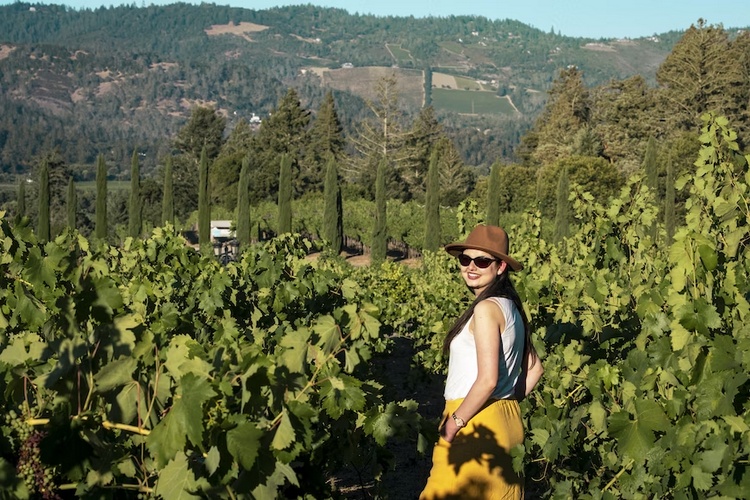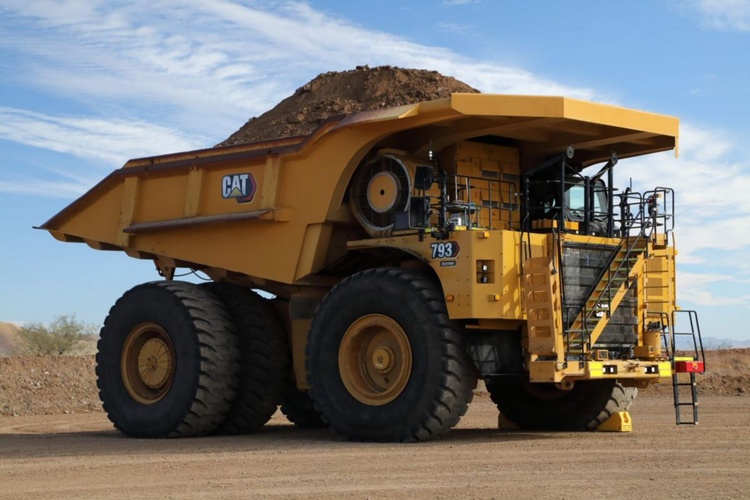July 6 NEC Energy News
¶ “Californian Winemakers Learning Firefighting Techniques” • Northern California’s Napa Valley had a historic wildfire season in 2020. The first blaze erupted in August, consuming hundreds of thousands of acres and killing five people. Vinyard owners had to adapt to learn not only firefighting techniques, but how to deal with wine flavored by smoke. [BBC]

¶ “Anxiety And Anger Over Japan’s Nuclear Waste Water Plan” • A controversial plan by Japan to release treated waste water from the Fukushima nuclear plant has sparked widespread anxiety. Since the 2011 Fukushima nuclear disaster, over a million tonnes of treated waste water has accumulated there. Japan wants to start releasing it into the Pacific Ocean. [BBC]
¶ “UN Wants More Access To Ukraine Nuclear Plant Amid Sabotage Warnings” • The UN’s International Atomic Energy Agency, has called for increased access to the Russian-controlled Zaporizhzhia nuclear plant in southern Ukraine as Moscow and Kyiv accused each other of planning acts of sabotage at Europe’s largest nuclear power facility. [Al Jazeera]
¶ “Australian Mining Companies Chose Battery-Electric Over Hydrogen Fuel Cell Mining Trucks” • Both batteries and fuel cells provide the electricity needed to turn electric motors, so which is better? The companies have done their research. For them, the answer is clear. Battery-powered mining trucks are the way to go. Why? Efficiency. [CleanTechnica]

¶ “El Niño + Climate Change = Heat Records” • Climate change combined with this year’s El Niño set a new world record for worldwide heat on Tuesday – 62.92°F or 17.18°C. That may not sound that hot to anyone sweating through a summer heat wave, but the figure is almost a full degree Celsius above the average between 1979 and 2000. [CNN]
¶ “The Future Of Solar Energy In Maine Hinges On Passing LD 1986” • The future of solar energy in Maine depends on which of two bills is potentially enacted by the Legislature. Both LD 1347 and LD 1986 aim to address how solar projects are compensated for their electricity, but only LD 1986 will actually support solar development. [Bangor Daily News]
¶ “Penn State’s New LionGlass Is 10 Times Tougher And Has Half The Carbon Emissions” • Penn State University announced a new product, LionGlass, which is ten times more resistant to damage than soda lime silicate glass. And it uses about half the energy to manufacture, because the melting temperatures are lowered by about 300°C to 400°C. [CleanTechnica]
For more news, please visit geoharvey – Daily News about Energy and Climate Change.
